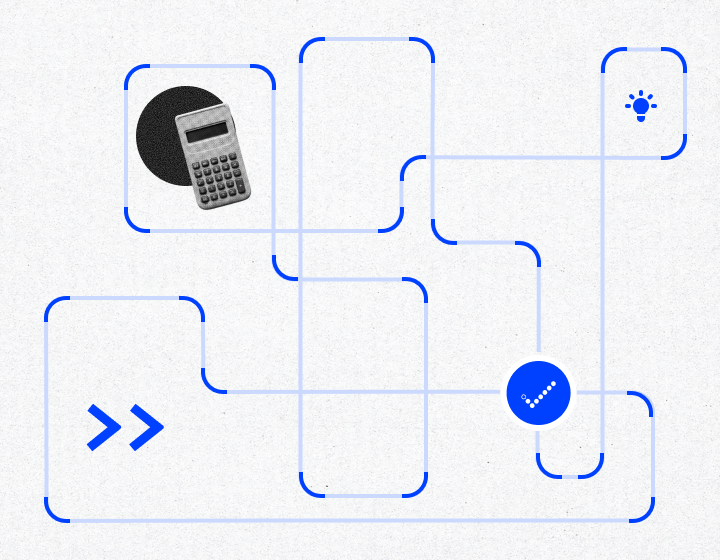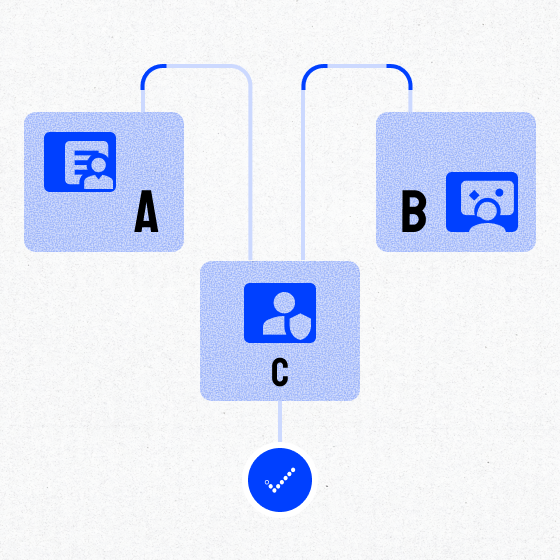The OWASP Generative AI Red Team Guide is a comprehensive framework documenting security risks specific to generative AI systems, particularly Large Language Models (LLMs). Building on OWASP's renowned application security expertise, this guide addresses the unique challenges of securing AI systems that generate content, make decisions, and interact with users through natural language. The framework covers:

Simulate real-world attacks against generative AI systems to identify vulnerabilities. Our red team exercises test prompt injection resilience, output validation, access controls, and plugin security through adversarial scenarios mirroring attacker techniques.
Evaluate system prompt design, input validation, and instruction hierarchy to prevent prompt injection. Test whether attackers can override system instructions, extract prompts, or manipulate LLM behavior through crafted inputs.
Assess how applications handle LLM-generated content before using it in databases, APIs, or user interfaces. Test for code injection, XSS, SQL injection, and command execution through AI outputs.
Probe models for memorized training data, PII disclosure, and sensitive information leakage. Test whether LLMs reveal confidential data, system details, or proprietary information through carefully crafted queries.
Evaluate security of LLM extensions, tool integrations, and API connectors. Test authentication, authorization, input validation, and privilege boundaries of plugins that extend LLM capabilities.
Assess security of third-party models, APIs, datasets, and dependencies. Review provenance, security posture, and data handling practices of upstream AI services and components.
Organizations deploy LLMs faster than security controls mature, creating exposure to novel attack vectors
Security failures in customer-facing AI systems cause reputation damage and erode trust in AI-powered services.
Secure AI implementation differentiates offerings and wins enterprise customers conducting AI security assessments.
Protect proprietary models, training data, and AI innovations from theft through model extraction and data poisoning.
ISO 42001 is the world's first international standard for AI management systems, providing comprehensive governance for responsible AI development and deployment. As AI regulations emerge globally, this certification demonstrates proactive compliance, reduces liability, and builds stakeholder trust in AI systems making consequential decisions.









